Home » Book Reviews » Josephine Tey » The Singing Sands by Josephine Tey
Possible spoilers ahead
I am enjoying reading all the Josephine Tey books, and I think Inspector Grant is fast becoming one of my favourite detectives! I see this book is set in Scotland so I am hoping for lots of lovely descriptions of the beautiful scenery there. But eeek, first Grant finds a dead body on his train to Scotland, what a wonderful beginning to a detective story!
At the start of this book, Grant is recovering slowly from an attack of nerves and claustrophobia and is heading to Scotland by train on sick leave. He is struggling to overcome his setback and come to terms with his illness and how this affects his view of himself, and also trying to get back the desire to detect. I liked that Tey chose nerves as Grant’s issue, rather than the more usual issues for detectives such as depression or anger, as I always feel that these depression/anger issues still maintain the detective’s superiority over their colleagues and the reader but Grant’s issue displays a vulnerability rather than a superiority, and indeed also a possible weakness as viewed by colleagues and himself. I like Grant even more for this issue, and how human and fallible it makes him.
Charles Martin is found dead on a train but had earlier scribbled a verse onto a newspaper, which Grant accidentally picks up and becomes fixated with. The police aren’t suspicious about this case at all, but something niggles at Grant about it. Grant finds out that Charles is actually someone called Bill Kenrick, and he then puzzles about why Bill was going to Scotland instead of meeting his friend in Paris, and why he had incorrect identification papers on him, and what the scribbled verse meant. Hmmm, it doesn’t even seem like a murder story or mystery story at the start. The niggling feeling that Grant has about this case does mean that things develop slowly, and it is a slower paced book, not action-packed like other detective books, and I think it’s brave of Tey not to keep to the usual detective formula.
Grant discovers that Bill was searching for a lost city in Arabia. Bill had told the explorer that he thought he’d found the lost city, but the explorer refused to go with Bill to help him visit this lost city and instead decided to kill Bill in order to stop him telling anyone else about it. However before Bill was killed, he had told another explorer about the lost city and this explorer went and discovered the city and got the glory. Hmmm, this was all quite a fascinating story but all rather convoluted. So the first explorer killed Bill but didn’t get the glory from the information that Bill had given him and didn’t manage to stop the other explorer from claiming the glory for it, but he admitted the murder in a letter to Grant (which was fortuitous as otherwise there would have been no proof at all), and he then killed himself!
This is quite an unusual story, and it feels like an unusual detective book as it’s not fast-paced, with Grant doing more thinking while he’s fishing or walking, rather than actually detecting or following clues, but then Tey doesn’t do run-of-the-mill books so why should her detective books follow the usual formula? The book also felt really far more about Grant and his struggles to accept and potentially overcome his illness, rather than a murder mystery story, so I like the unusual (and quite brave) aspect of this approach. It is a fascinating book and one I immediately want to re-read, as I suspect even more of the subtle delicacy and skill of the book would be revealed each time I read it. It was a great read, and I love Tey’s writing with it being so in-depth with lots of background. The whole book made me think and ponder as it felt thorough and informative, and made me wonder if Tey was interested in this subject herself. I also loved Grant’s love of the Scottish Highlands, and the descriptions of these, with their vastness and remoteness and strength. As well as working my way through the more well-known of Tey’s books, I am also intrigued in the books she wrote under the name of Gordon Daviot such as The Expensive Halo, and The Privateer. I also loved all the descriptions of Scotland and its beautiful dramatic scenery, so I think I will also re-read the wonderful Wainwright In Scotland in order to fully immense myself in that wonderful place!


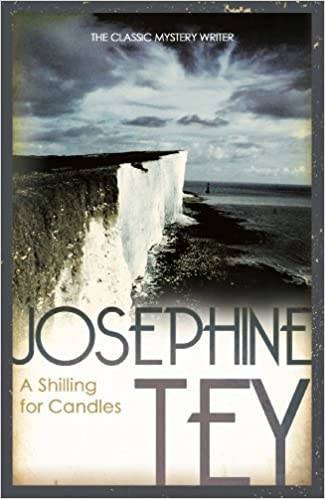

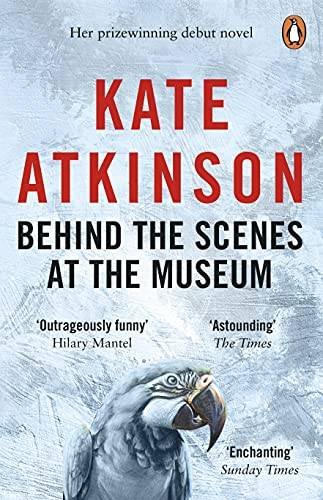







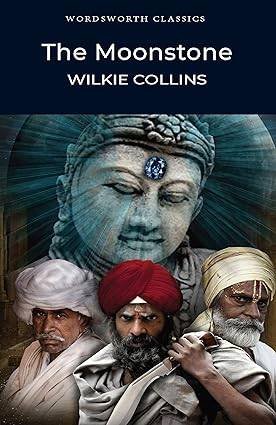

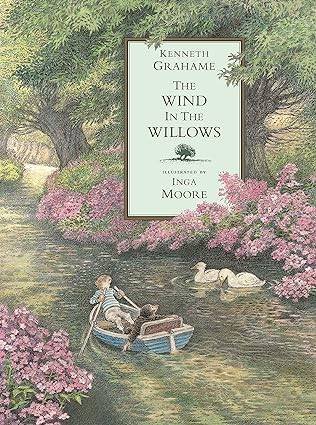

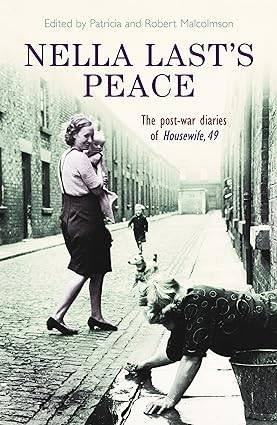

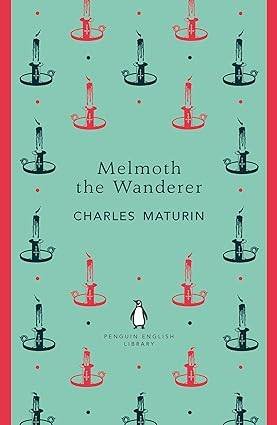


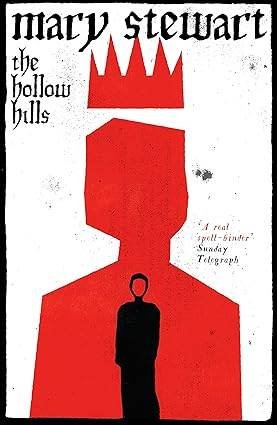
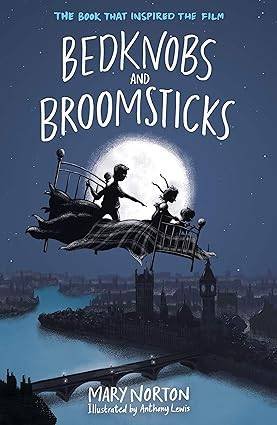




Where did the newspaper come from though?
Hi Irene, and thanks for your comment. Didn’t the newspaper (and the quote in it) come from Bill (the murdered man)? Or do you have another view about where it came from? And what did you think of this book, did you enjoy it?